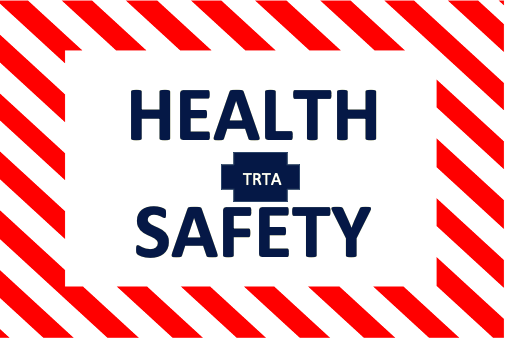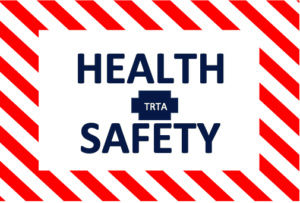Everyone needs to know what to do when a power outage disrupts basic services such as communications, water, natural gas and trash pickup. There are a dozen things you need to do to prepare.
Lighting. Consider a flashlight for each bedroom, each bathroom, kitchen, garage, each vehicle and near your electrical panel. Candles or oil hurricane lamps can be considered. A solar powered camping light or a crank camp light or flashlight are excellent options. A multi-function crank flashlight/radio/USB charger is even better.
Batteries. Standardize your flashlight and the batteries they require (AA, AAA, C, D). Consider rechargeable batteries and a charger including crank and solar types. Your car can charge batteries using a 12-volt adapter.
Water. Keep a couple of cases of water bottles around for emergency power outages. If you suspect that the power may go off for a long time, fill your bathtubs, sinks, buckets or barrels. Save dirty wash water for flushing your toilets. Your water heater likely won’t work. Consider water filters which can make questionable water drinkable.
Toilet. Stock up on extra toilet paper. Toilets may work, but the sewer or septic system may rely on power to pump. You may need to shut off this system to prevent backflow. Consider an emergency toilet with black plastic bags and wet wipes. A folding commode is another option.
Garbage. Have a plan for disrupted garbage service. Gather plastic bags and garbage bins. Be aware of critters coming around for the garbage. You may burn garbage in a safe burn barrel if it is legal in your area.
Backup Power. A portable generator may be purchased. Learn how to use it and test it regularly. You will need heavy duty extension cords to power your appliances. There are natural gas generators if you are on natural gas. For rural areas, consider a propane generator and a 500–1000-gallon tank. Solar power may work during daylight.
Food. Have at least three days of food for everyone. You may want to consider having 30-90 days (about 3 months) of food storage. Consider freeze dried food, When the power goes out, keep the refrigerator and freezer doors closed as much as possible. A full freezer will hold temperature for about 48 hours (about 2 days). A refrigerator keeps food cold for about 4 hours. A cooler filled with ice or frozen water bottles is a better option. If the food looks or smells bad, do not eat it. Don’t take a chance, throw the food out.
Off the Grid Cooking Supplies. Learn how to cook a meal without power before the power goes out. Outdoor grills work well. Have extra charcoal, lighter fluid or propane. Small butane stoves may be used to cook small meals indoors. Other camp stoves may not be safe indoors.
Heating. During cold weather, stock up on firewood for a wood burning fireplace or stove, A Mr. Heater may be purchased along with propane tanks. Natural gas may work depending on electricity use.
And Cooling. Before the power goes out, consider cool and efficient doors, windows, insulation, a cool and reflective roof, window shades, blinds, shade trees and ceiling fans. Once the power goes out, your air conditioning will stop working. Consider wearing loose cotton clothing, using cotton or bamboo sheets, unplugging all unnecessary appliances and electronics, using natural light, cooking outdoors, venting hot air out and using portable fans.
Communications. Your cellphone battery will die. Get a solar or crank charger with USB. Assume that you may not have 911 or internet. Have key phone numbers written down and have local paper maps in case your GPS isn’t working. A crank-powered radio for emergency broadcasts is a good idea.
First Aid Supplies. Have an emergency first aid kit for your home, vehicle and work site. It should have trauma bandages, Quickclot, tourniquets, trauma shears and bandages. You should have enough supplies to survive seven days: over the counter medications, insulin, prescription medications, inhalers, thyroid meds, adrenaline (EpiPen) and specific medications for family members. Learn basic CPR.
Everything Else. Have money with cash including small bills and credit cards. Have supplies including two changes of work clothes for each season and extra socks and underwear. Have paper, pens, pencils, playing cards and games. Have a box of matches or Clipper Lighters. Have hand or body wipes and sanitizing hand wash. Learn how to get in and out of buildings and know where stairwells are.
Remember that a prepared group or team is better than an individual. Think about group communications via walkie-talkies or ham radio.
Source: “What to Do When the Power Goes Out (12 Things to Prepare)”. August Neverman, January 10, 2022, Commonsensehome.com.


